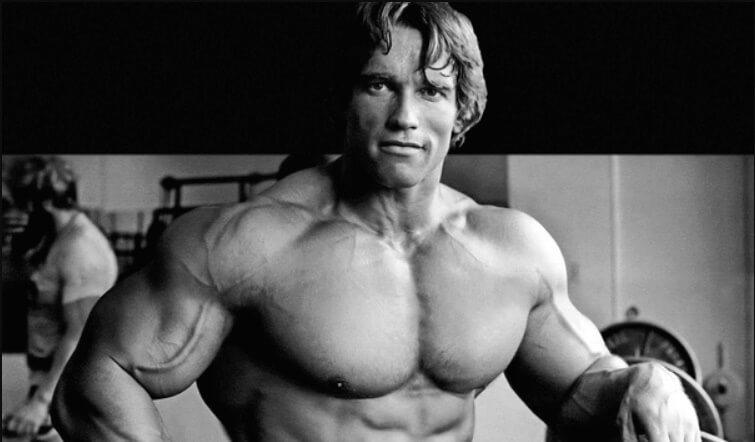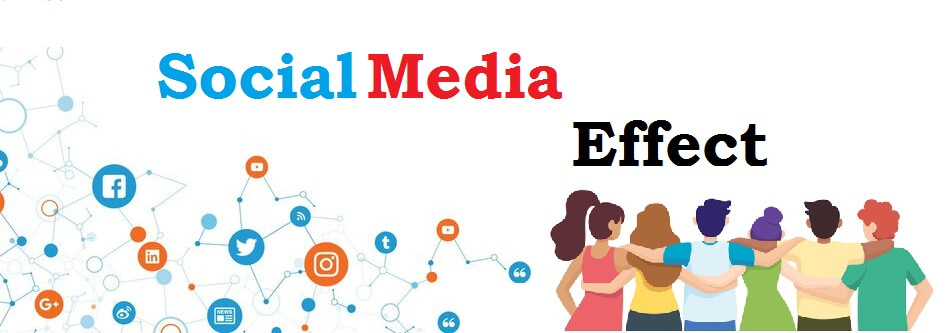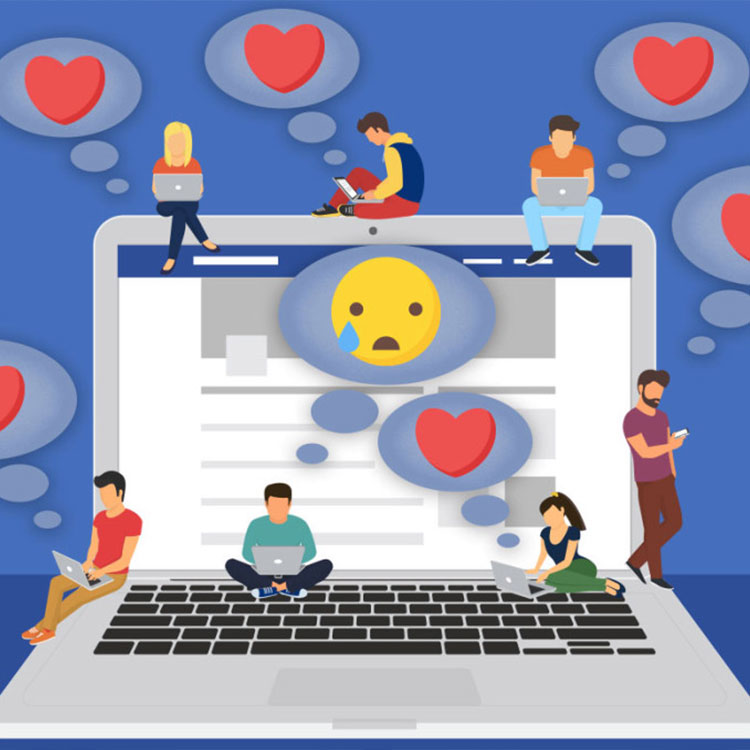Usage of social media has been increase enormously since last few decades. People of different age groups started spending their most of the time on social media.
Most of them are our young generation. And thus social media is having direct impact on our youth. Where we can see positive impact of social media on health and wealth both.
Though most of the people will disagree with positive impact of social media on health but keep reading i will prove social media can have positive impact on health.
Well its all about how we tackle and use human made things. Its all in our control like if you want to utilize them for our benefit or get negative impact by doing its wrong usage.

Positive Impact of social media on youth
Social media is a powerful tool that connects you with friends, family, and other loved ones. Over 4.2 billion people use the internet worldwide, and more than 3 billion are active social media users.
Social media interactions aren’t limited to personal connections; 80 percent of Instagram users follow at least one business. With all the ads that your Facebook news feed, it’s easy to connect with brands while catching up on friend’s timelines. That being said, does social media have an impact on health-care stuff?

If someone noticed, these days, people started talking about their health? Well yes if you open any social media platforms, specially Facebook and Twitter you will see many young generation social sensations. For example boys started following dashing and six pack abs hero’s and personalities.
And you you know what happens when someone start following their ideal. They try to act like him, they try to look like him. So boys started doing gym and sharing their pictures on social media. Similarly their friend circle get starts towards healthy environment by following steps of their friends.
On the same node if we talk about girls, they love to look beautiful. If you check Facebook you will see many social media posts circulating with health and beauty tips. Ladies also follow their ideal ladies to look like slim and smart. So this concept is rising and circulation of tips and health care news is circulating easily with the help of social media.
Another thing is need of laugh for each person per day. If we notice, we see each day many social media posts circulating around the internet which contains funny stuff. You love to watch and share.
Social Media Impact on Healthcare
There are a lot of other ways where social media is helping us.
From a service provider point of view, providing information over a social media platform can help to free up a doctor’s time; there are many cases in which patients do not need to physically see a doctor, but rather require certain information.
Importantly, consumers are also able to broadcast their experiences with particular healthcare providers and medications, holding hospitals, doctors and pharmaceutical companies to account for the way that they are experienced by the consumer, as they risk losing business should information surface that discredits them in any way.

While social media has provided many advantages, the possible downsides must be considered as well. The danger of incorrect self-diagnosis increases dramatically when members are able to communicate over supposedly credible platforms without any contribution by a medical practitioner; 45% of consumers in the PWC study said it would affect their decision to seek a second opinion.
“More than 40% of respondents reported that information found via social media would affect the way they coped with a chronic condition, their approach to diet and exercise, and even their choice of doctor.”
Having an online presence provides transparency to consumers and peers. Many providers join platforms like Twitter to become influencers in healthcare. They can explore the industry, make connections, and engage their community. Amazingly, all of this can be achieved in 280 characters or less.
Providers don’t only use social media to gain or share knowledge. More than 60 percent of physicians report that social media improves healthcare quality. This means that doctors believe in the use of social media. It offers a level of authenticity and transparency that isn’t achieved in other formats. Social media connects physicians and entire healthcare systems to patients.
Many administrators keep a close eye on their largest competitors through social media. They can evaluate community involvement, pain points, and service lines without ever leaving their office. Providers and hospitals can also read feedback on new technologies and procedures competitors are using. This might help them decide if they want to pursue these new approaches to care before making the investment.
Conclusion:
Well now it’s clear that social media is having a marked effect on health systems, and that its impact is relevant both in the developed and developing worlds for youth. Even Healthcare service providers face a significant opportunity in the chance to leverage this in order to provide better healthcare to a greater number of people, while consumers are able to use it to empower themselves, their families and their communities.
